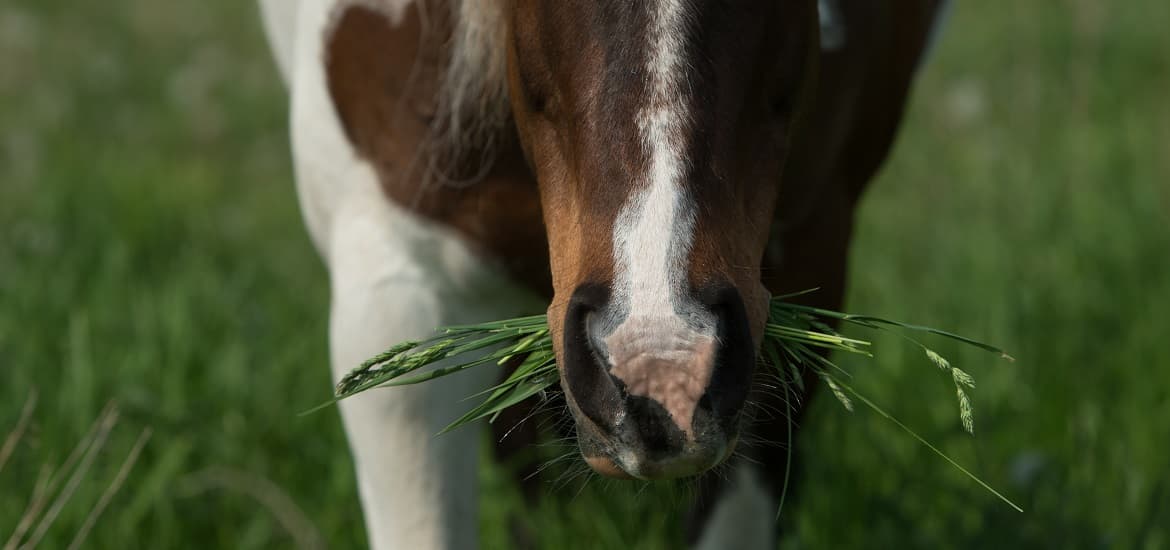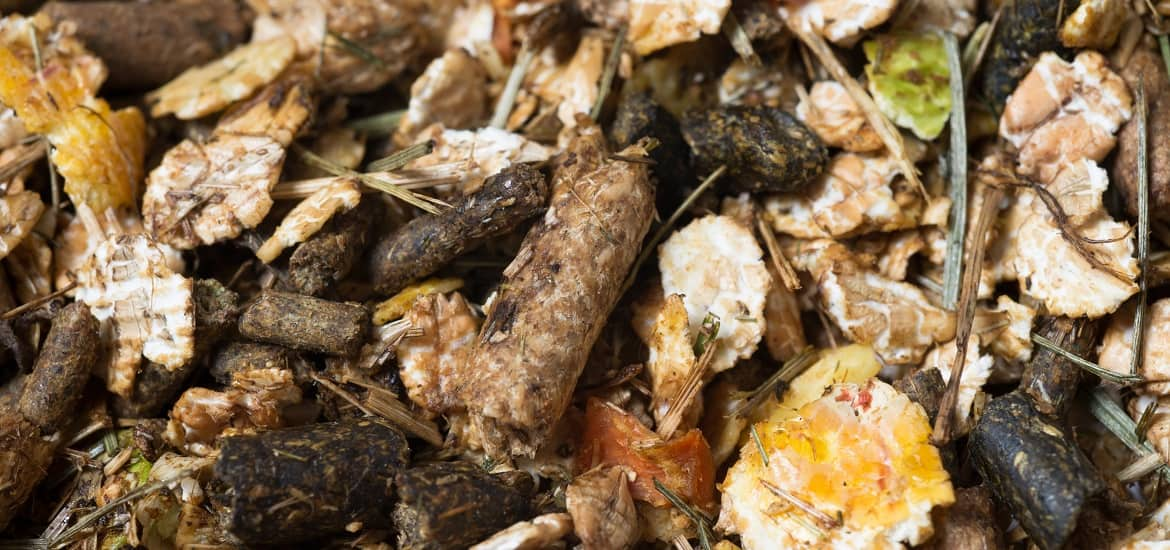Dec 16, 2020, 11:39 AM

A horse's performance and life highly depend on the nutrition it receives daily. Horses' nutrition requirements differ according to their activity level, age, and other physical condition. It is essential to provide a well-balanced diet to avoid any deficiency or prevent over-eating and obesity.
Equine Digestive System
The major digestion process takes place in the stomach and small intestine, where the food is mixed with essential digestive enzymes. The food's microbial digestion happens in the horse's hindgut that detoxifies any harmful substances. The uniqueness of an equine digestive system is that their stomach is relatively smaller considering the requirement of their huge body. Hence, they should be fed concentrates and a diet pattern with frequent meals to support their growth and performance. In the absence of a gall bladder, a diet rich in fats need to be avoided to prevent indigestion.
Essential Nutrients
Fats are a major energy source that cannot be digested in high quantity by horses. However, carbohydrates can provide this essential energy to the equine body to make them high performing. Vitamins supplied through fresh forages can enhance equine body growth. Minerals act as a potent agent to maintain the equine body structure and support muscle contraction. Vitamins can also be provided through various natural food items or nutritious supplements available in the market.

Forages for Dents and Overall Growth
A proper supply of fresh forages can be highly beneficial for an equine health and growth. Broadly classified as legumes and grasses, forages are a rich source of essential nutrients such as protein and calcium. While alfalfa and clover are commonly fed legumes, common grass types are timothy, orchard grass, fescue, and bluegrass. A rich diet of pasture grass can provide sufficient silica to the equine body. Silica is an essential component to maintain the horse's dental health. You need to choose the right type of grass to ensure the horse gets an adequate silica amount. While in winters, good quality, leafy, and bright colored hay can be a perfect alternative source of silica. However, overfeeding of pastures should be avoided for horses that are prone to laminitis.
Rich Concentrates
The equine nutrition requirement is determined by various factors, such as exercise, workload, life stage, or pregnancy. Concentrate mixes from trusted suppliers such as Royal Horse feed in Dubai can ensure additional nutrition to the horse. These supplements are prepared using various nutrient-rich substances such as flaxseeds, bran, molasses, beet pulp, etc. These protein, fat, and vitamin supplement can help satisfy different horses' nutritional requirements, such as the foal or working horses.
